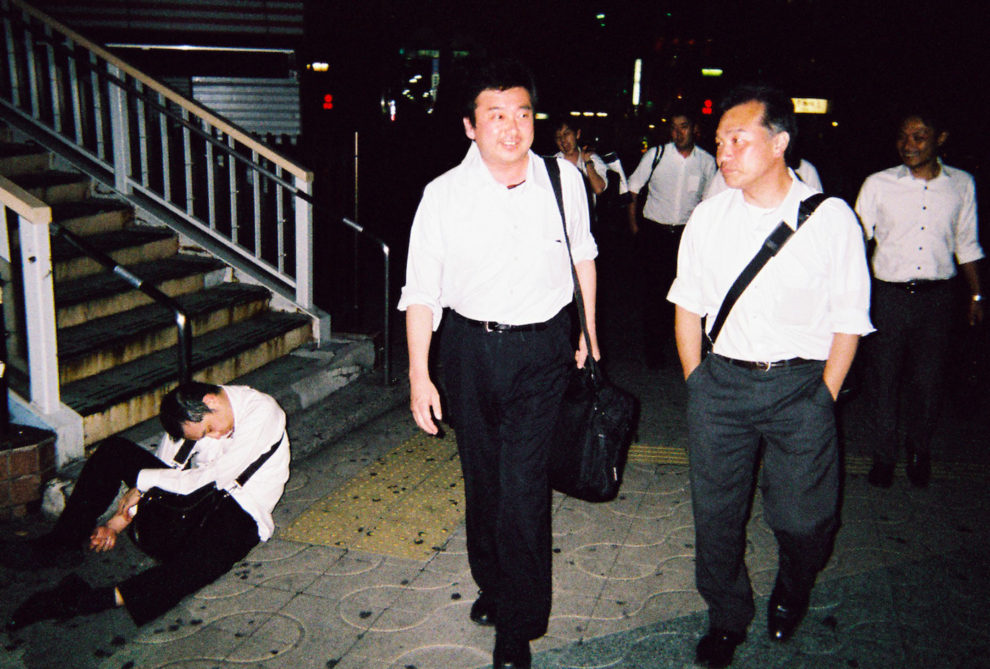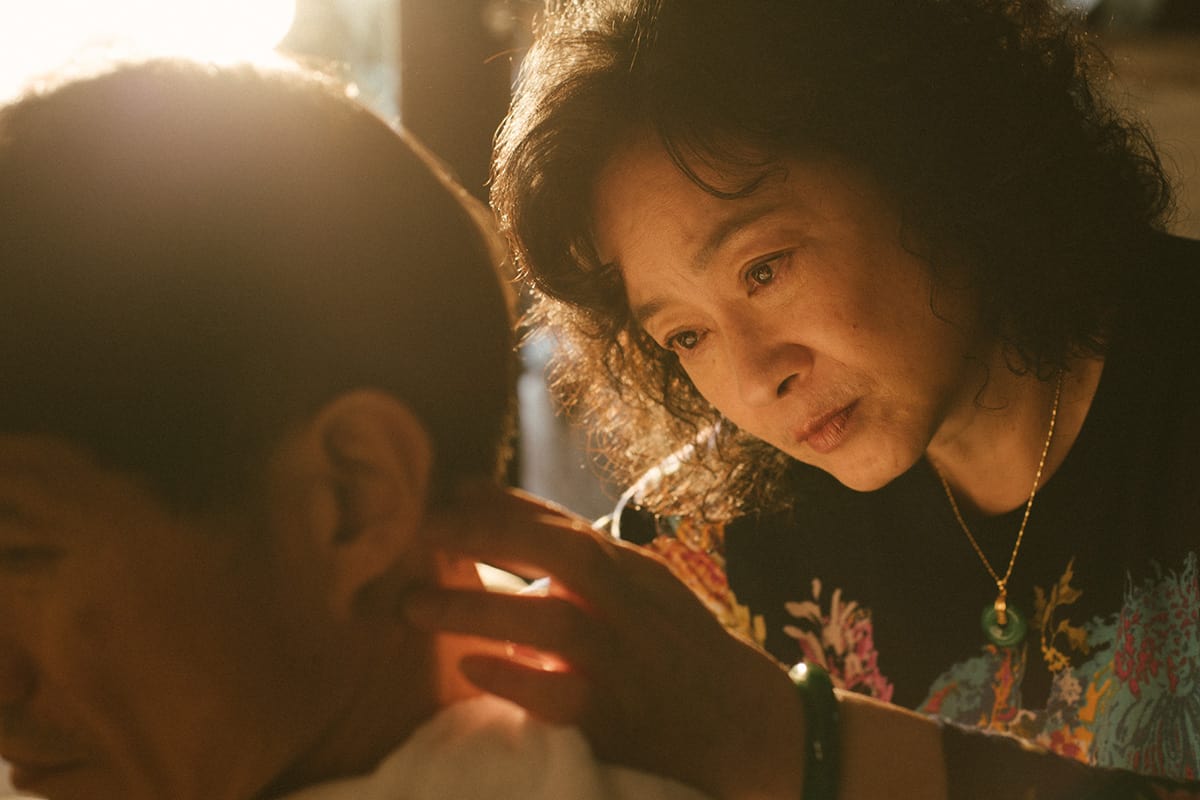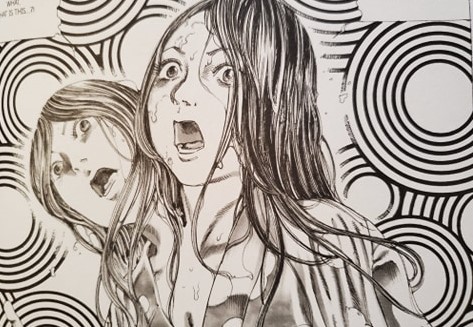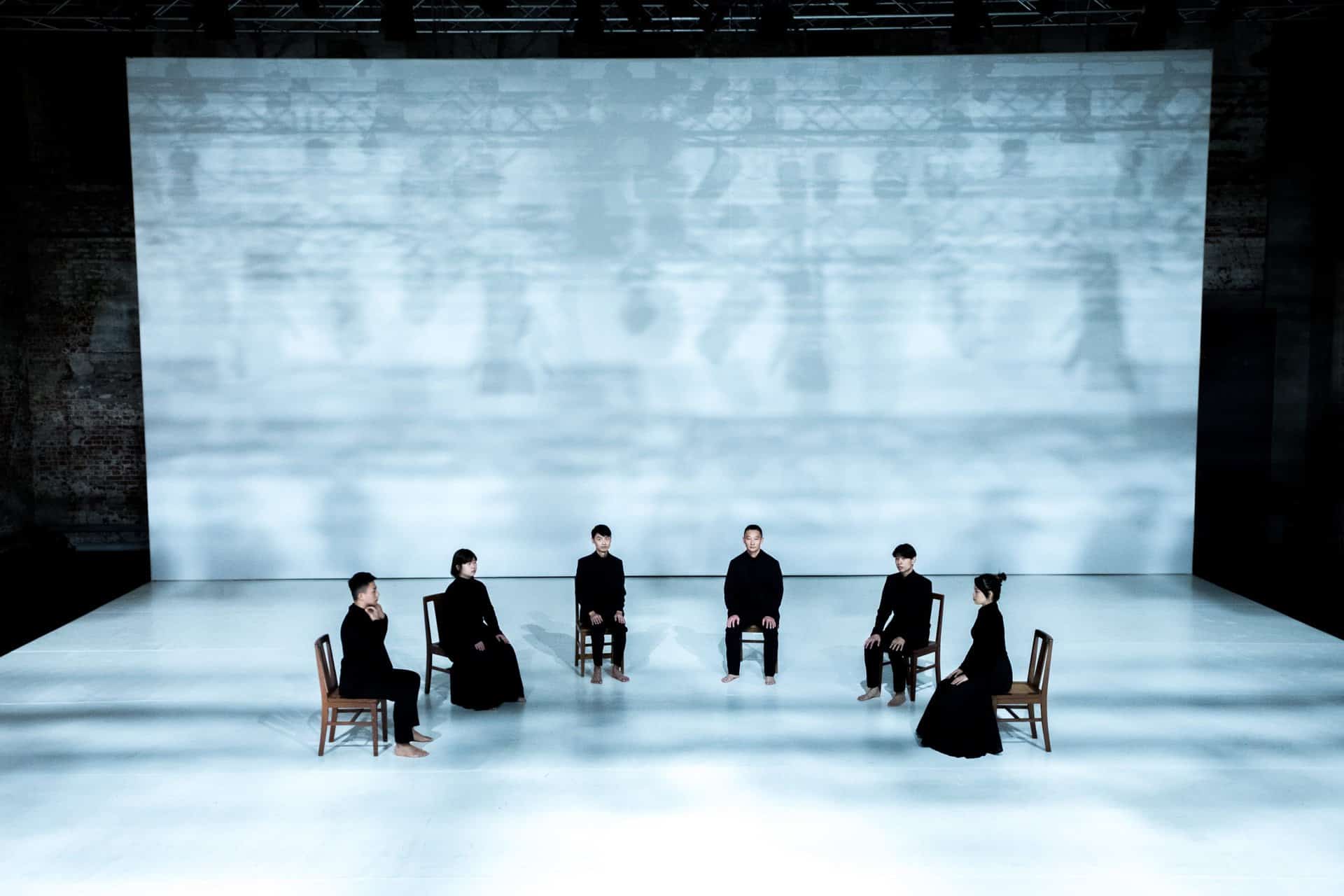There are many aspects you might connect with Japan, its culture and its society. While images such as the snowy summit of Mount Fuji comes to mind, along with the wide array of temples and other sights strewn across the country, the concept of the salaryman may just be one of the most lasting. Seemingly an element in every anime, manga or feature from Japan, the idea of a mostly masculine figure working day-in-day-out, always loyal to the company which granted him his job is one linked to the promise of economic success and upward mobility. Apart from the relevance in pop culture, there were even TV specials, for example, from the 1980s, dedicated to the image of his hard worker, a modern Willy Loman, you might say, who manages to provide for his family, while also maintaining some of the traditions which are so deeply embedded within Japanese culture. The concept is certainly quite interesting, especially when seen within the context of globalization, digitalisation and the overall changes Japan has been going through in the past decades, which is precisely the foundation of “Salaryman”, a documentary directed by Costa Rican born filmmaker Allegra Pacheco that described her encounter with the figure of the salaryman as she moved to Japan some years ago.
Salaryman is screening at Nippon Connection

At the beginning, the audience witnesses this moment of confusion, which sparked the idea for her feature. A salaryman is sitting on a staircase leading down to the underground, vastly asleep and seemingly quite exhausted from his day at work, still wearing his suit and having his suitcase close by – most certainly an irritating image, since the young man is quite the opposite to the kind of beggar or homeless person one might expect. To add further to the confusion, pedestrians just walk by, ignoring the man on the top stairs lying on the ground and snoring away.
According to Pacheco, it was a mixture of these two aspects which laid the groundwork for “Salaryman”, a venture into the history of the concept, for which she allocated a large amount of archival footage along with, and perhaps most importantly, a number of interesting interview partners, former salarymen and sociologists, examining the principles, traditions and values which to this day guide the lives of many workers in Japan, male and female alike.
Over the course of roughly 80 minutes, Pacheco switches between the historical perspective to the present, archival footage and her own images, recorded in the streets of Tokyo, showing the rush hour and the army of “corporate slaves”, as one former salaryman calls his colleagues, on their way to their workplace and later on, to the many bars of the city, where their job continues as they are having drinks with their superiors. Apart from showing the ethic of work, the complete dedication to the company, strongly reminiscent of the principles of the samurai, along with the disappearance of the self to serve the greater good, the aforementioned image highlights how the concept embodies a country exhausted and, just like Arthur Miller's salesman, hunting for a dream out of sheer routine rather than the belief it is still attainable.
In conclusion, “Salaryman” is a thought-provoking documentary, whose focus on the concept of the salaryman serves as a foundation to show how the world has changed but many traditions and mindsets still linger on, creating frustration and exhaustion as a result. Allegra Pacheco utilizes her perspective as an outsider to this culture, thus creating an awareness of features in Japanese, but also a society we should not be content to live with.















